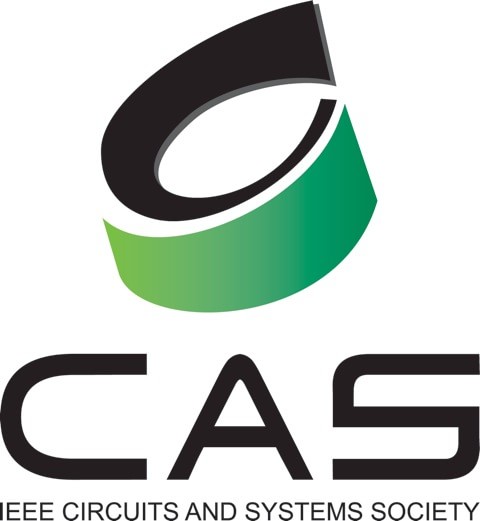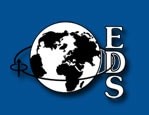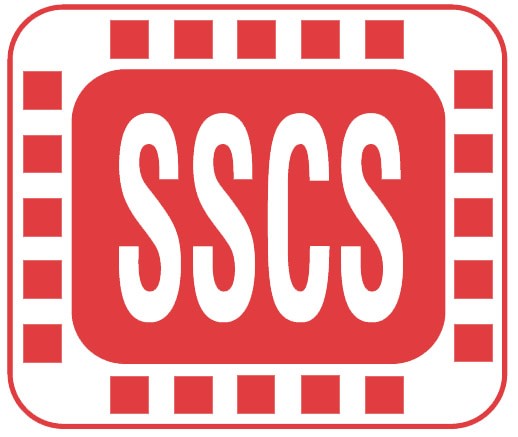View details »
Recent advances in computational electromagnetic tools made antenna
design possible along with integration of antennas on various ground, sea and air platforms. Full wave techniques such as Method of Moments
(MoM), Multilevel Fast Multipole Method (MLFMM) along with asymptotic techniques such as Physical Optics (PO), Geometrical Optics (GO) and
Uniform Theory of Diffraction (UTD) will be reviewed. Application of these and hybrid numerical techniques for antenna designs,
antenna-platform interaction studies, EMI/EMC, bioelectromagentics and Radio Frequency Identification (RFID) system design. For many practical
applications, sometimes it is necessary to study the electromagnetic behavior on a specific structure over a broad frequency band, and
therefore it is important to have some benchmark data on computational resources needed for some commonly used numerical techniques. During
this workshop, various antenna design applications will be examined. Also a full-size air, ground and sea platforms are considered and the
frequency limit is pushed at different bands using several numerical techniques. A benchmark study of computational resources required by
available computational tools for electrically large platforms will be presented.




